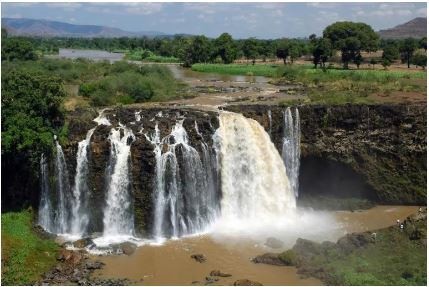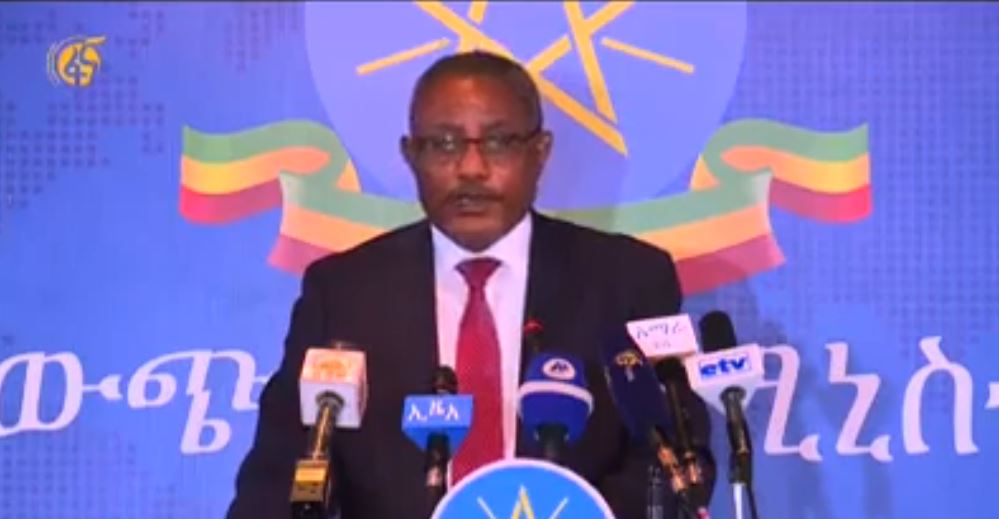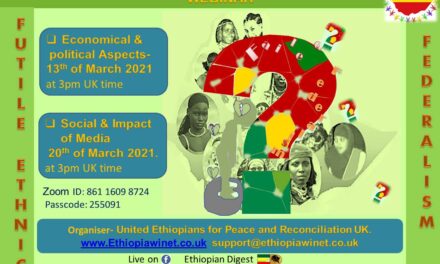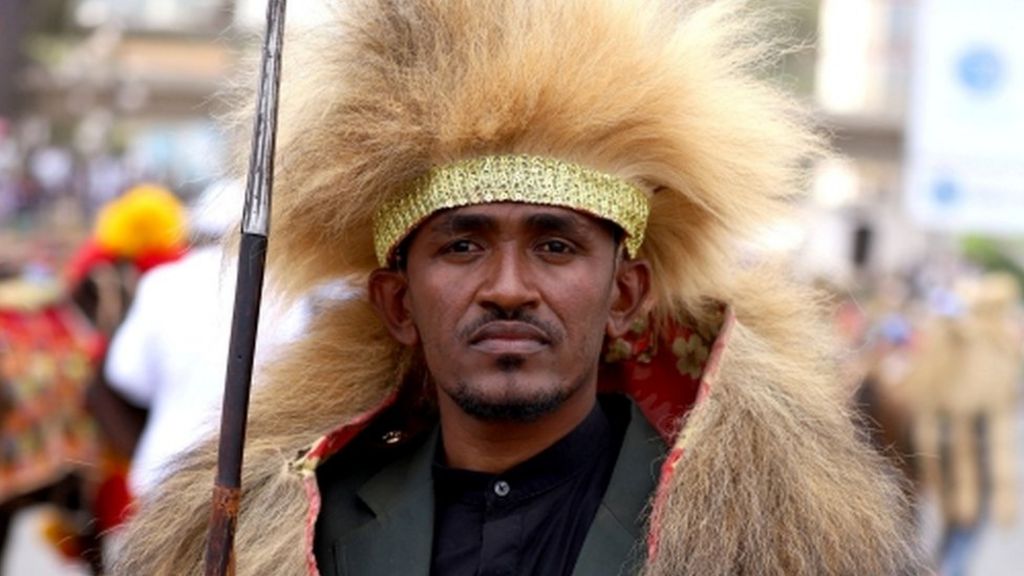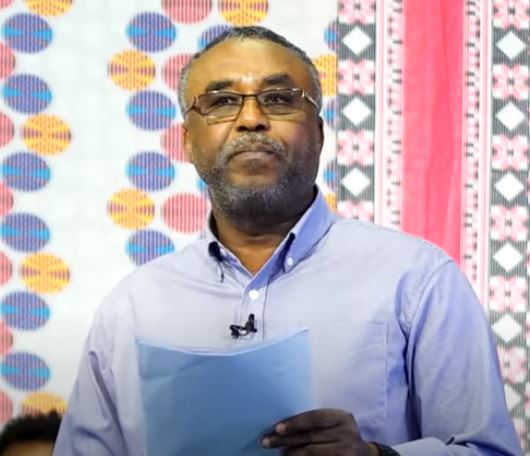This poem was written and read by Billene Aster Seyoum from the Office of the Prime Minister Press Secretariat Unit on the present plight of Ethiopians.
2021 will be the twentieth year since work began on The Grand Ethiopian Rennaisance Dam and the world needs to know what’s happening because water is vital to Ethiopians. In April this year, Prime Minister Abiy Ahmed declared that, despite the challenges posed by COVID-19, construction work on the dam remains on schedule, with the reservoir to be filled during the rainy season that starts in June “Saving lives is our priority while second to this we have GERD”. Abiy told Ethiopians.
Ever since Ethiopia announced plans to build a dam on the River Nile, Egyptian officials have fought tooth and nail to prevent its construction, even though Ethiopia was transparent and invited Egypt and Sudan to review the design and construction documents. First, it accused Ethiopia of. “intent to exercise hydro hegemony” of the Nile waters, and now, despite ongoing negotiations, Egypt has written to the UN Security Council accusing Addis Ababa of failing to reach an agreement over the operation of the Grand Ethiopian Renaissance Dam (GERD).
Egypt is free to take the issue to the UN Security Council, but as it will soon discover, these issues are best resolved through bilateral channels based on mutual agreements and understanding. If Egypt is interested in involving a third party, it would make sense to use the African Union (AU) structures (AU Peace and Security Council) and the Nile basin countries, rather than reaching out to institutions which are outside Africa such as the Arab League, the USA, and now the UN Security Council.
The 1929 Anglo-Egyptian Treaty and its modified version, the 1959 Agreement, may still be valid to Egyptian officials, however, none of these agreements considered the needs of other riparian countries – _notably Ethiopia, which supplies 80 percent of the Nile waters.

We must not forget that Egypt rejected the Cooperative Framework Agreement (CFA) signed by four Nile basin countries in 2010. To date, six countries have signed the CFA, among these Ethiopia, Rwanda, Tanzania, and Uganda have ratified the document while Kenya, Burundi, and South Sudan are said to have started the ratification process. The treaty sought to establish a framework to “promote integrated management, sustainable development, and harmonious utilisation of the water resources of the Basin, as well as their conservation and protection for the benefit of present and future generations”. It is therefore a bit rich for the same country to be accusing Ethiopia of failing to reach an agreement over the operation of the GERD.
The days of using threatening force are over. Ethiopia, as indeed all the other basin countries, have as much right to the Nile waters as Egypt. Ethiopia needs the Nile for its development just as Egypt needs it for its survival. Compromise will be key – _but Egypt has to be fair.The tide is rising. The dam is nearly complete. Ethiopia needs water. Water is needed for power, for electricity, for freedom. 
Ethiopia Speaks 🇪🇹 #GERD#itsmydam pic.twitter.com/YjDa72HjPy
— Billene ቢልለኔ Aster Seyoum (@BilleneSeyoum) June 29, 2020
This article is posted with kind permission of Lulsegged Abebe, PhD – lulseggedabebe@gmail.com – Lulsegged is an independent researcher, consultant. A peace and security expert over 30 years of experience working in and on Africa with governments, CSOs, AU, UN, and EU on development, humanitarian assistance, reconciliation, and good governance.

